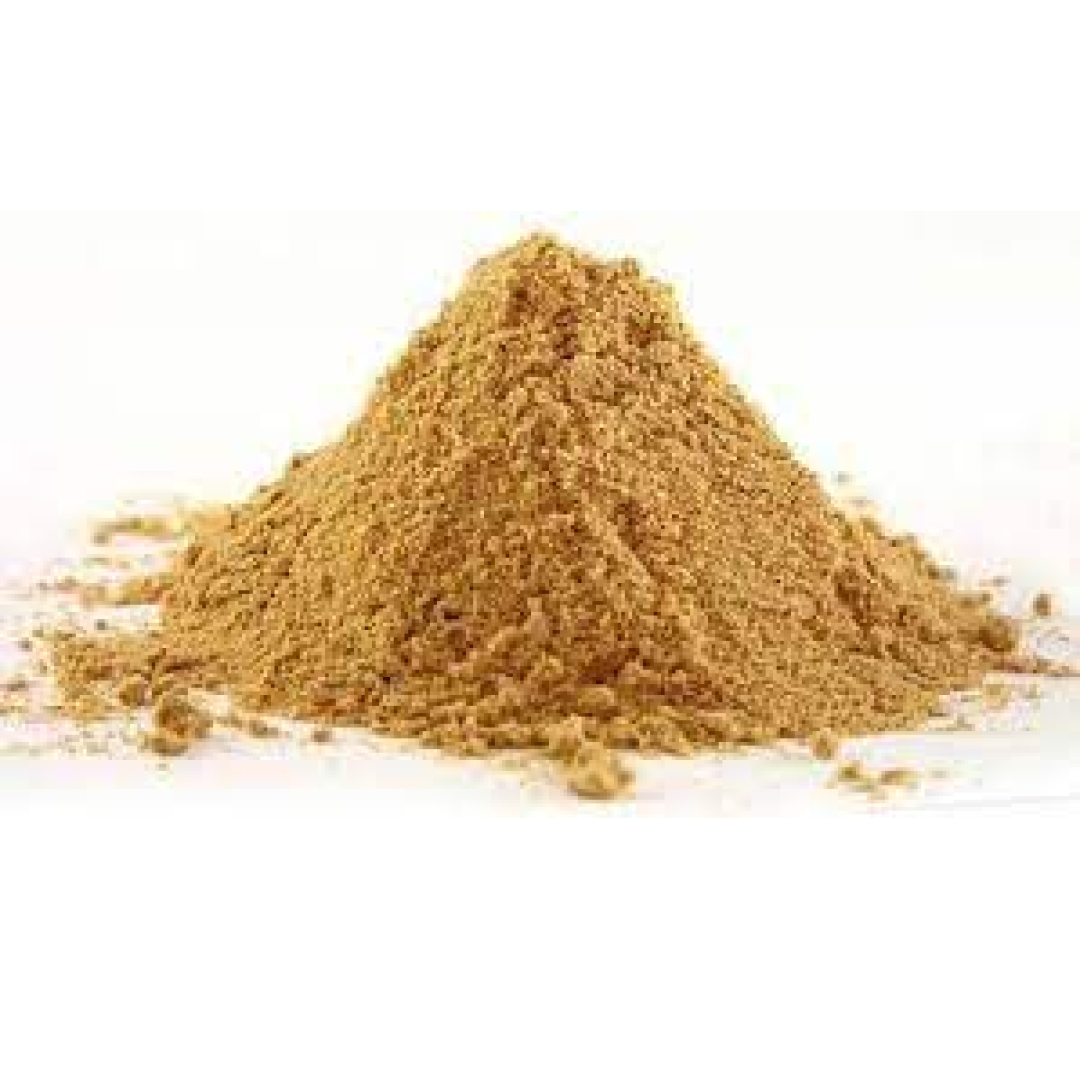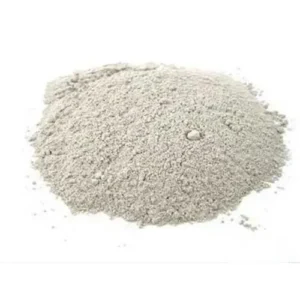Drilling grade bentonite of Kutch and Bhavnagar Gujarat refers to a specific type of bentonite clay that is used in the oil and gas drilling industry as a key component of drilling mud. Drilling mud, also known as drilling fluid, is a vital substance used during the drilling process to lubricate the drill bit, cool the drilling equipment, carry rock cuttings to the surface and provide stability to the wellbore. Bentonite clay is added to the drilling mud formulation to enhance its properties for efficient drilling operations.
Key characteristics and properties of drilling grade bentonite include:
Viscosity and suspension:
Bentonite forms a colloidal suspension when mixed with water, increasing the viscosity and carrying capacity of the drilling mud. This property helps to transport cuttings to the surface and suspend them when drilling operations are paused.
Fluid loss control:
Bentonite helps to control fluid loss by forming a filter cake on the wellbore walls. This prevents excessive fluid loss into the formation while drilling and also minimizes the risk of formation damage.
Thixotropy:
Similar to foundry grade bentonite, drilling grade bentonite exhibits thixotropic behavior. It becomes more fluid when agitated and returns to a more viscous state when left undisturbed. This characteristic aids in fluid circulation during drilling and prevents the settling of cuttings.
Gel strength:
The gel strength of bentonite-based drilling mud helps to support the wellbore and prevent collapse. It is important for maintaining good stability, especially in challenging drilling environments.
Temperature stability:
Drilling operations involve a range of temperatures, and drilling grade bentonite should maintain its properties and stability across these temperature variations.
Cation exchange capacity:
Bentonite’s cation exchange capacity helps to control the ionic balance of the drilling mud, which can affect its performance and properties.
Chemical compatibility:
Bentonite should be compatible with other drilling mud additives and chemicals commonly used in drilling operations.
Environmental considerations:
The choice of drilling grade bentonite can also be influenced by its environmental impact, such as its biodegradability and non-toxicity.




Reviews
There are no reviews yet.